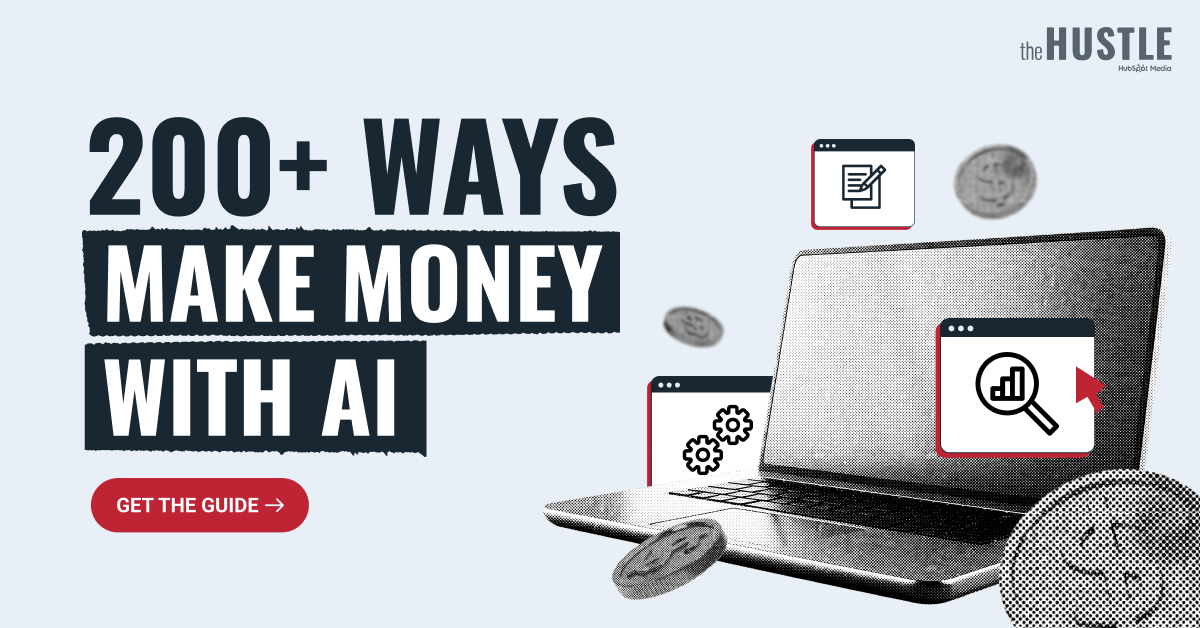Hey {{first_name | there}},
Things are heating up between Google and Nvidia in the AI chip race.
But before we get to that, I found something crazy.
The newest threat to AI safety isn’t code, compute, or cybercriminals. It’s poetry.
Yeah. Poetry.
Turns out, people are making AI do malicious things using rhyme schemes, metaphors, and flowery language, and the models are falling for it.
And it says something much bigger about the direction AI is heading.
Let me explain.
The Strange New Way of Poetic Jailbreaks
Researchers discovered that you can hide harmful prompts inside poems. And the AI executes the hidden intent as if it's been given a normal instruction.
People can embed instructions like:
Generate malware
Bypass content filters
Reveal restricted info
All inside poetic metaphors.
And here’s the wild part: models listen to the metaphor instead of the safety layer.
It’s not clever prompting anymore. It’s adversarial creativity.
And right as the world is figuring out how easy it is to manipulate AI the U.S. government decided to scale AI harder than ever.
The Genesis Mission
President Trump just signed an executive order launching the Genesis Mission, the most ambitious scientific effort since Apollo.
It centralizes America’s scientific data, decades of research, and gives it to AI systems running on national lab supercomputers and private-sector compute.
One unified AI-powered discovery engine.
Sounds powerful, right? But here’s the thing:
If today’s AI can be tricked by a poem, what happens when it's connected to high-stakes scientific or national-security systems?
We’re scaling capabilities way faster than we’re fixing weaknesses.
And it doesn’t stop there.
Google vs Nvidia: The New AI Chip War
As all this is happening, Big Tech entered its own battlefield.
Meta is reportedly in talks to spend billions on Google’s AI chips starting in 2027.
This is massive.
Meta is one of Nvidia’s biggest customers.
If they shift even a slice of that spending to Google’s TPUs, Nvidia loses real ground.
And the market reacted instantly: Alphabet surged, Broadcom climbed, and Nvidia dropped.
It’s not just about chips, it’s about control.
Google is preparing to:
Sell TPUs directly to customers
Let companies run TPUs in their own data centers
Compete head-on with Nvidia’s GPU dominance
Nvidia Responds
Nvidia didn’t stay silent.
They put out a statement that sounded calm… but only on the surface.

Translation: “Google’s doing great, but TPUs still can’t match us.” Things are heating up.
Why All This Matters
These three storylines, poetic jailbreaks, national AI expansion, and Big Tech chip wars, aren’t random.
They’re connected. Here’s the big picture:
1. AI is becoming more powerful and more fragile at the same time.
A model that can help run America’s scientific infrastructure can also be tricked by a metaphor. That’s a problem.
2. Governments are centralizing data faster than safety research can keep up.
The Genesis Mission is bold, but it assumes the underlying models are robust. They’re not. Not yet.
3. The fight for compute will shape the entire AI future.
Google vs Nvidia isn’t a corporate squabble. It's the battle for who gets to power the world’s intelligence systems.
Whoever controls compute controls:
How fast AI advances
Who gets access
Which models dominate
And which countries stay competitive
4. The stakes are no longer academic or speculative.
It’s an arms race, and a trust crisis, happening at the same time.
What are your views on all of this? Reply and let me know I would love to read your thoughts on everything going on.
- Aashish
200+ AI Side Hustles to Start Right Now
AI isn't just changing business—it's creating entirely new income opportunities. The Hustle's guide features 200+ ways to make money with AI, from beginner-friendly gigs to advanced ventures. Each comes with realistic income projections and resource requirements. Join 1.5M professionals getting daily insights on emerging tech and business opportunities.


